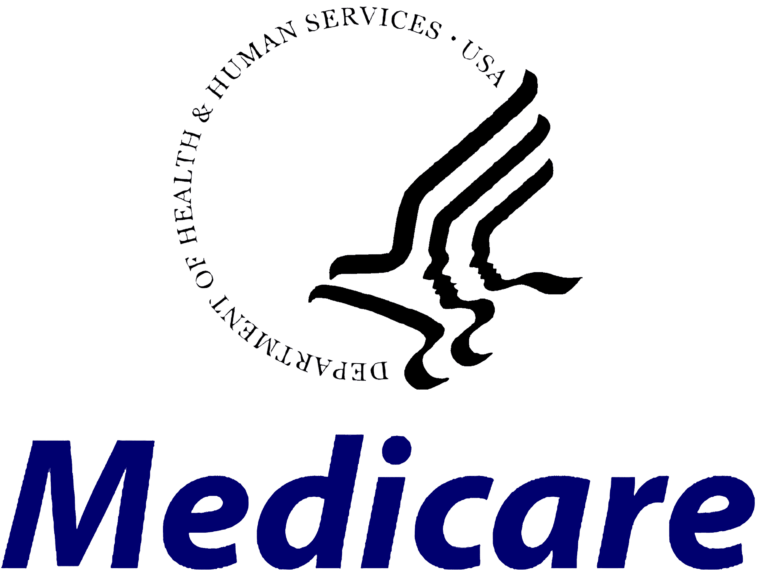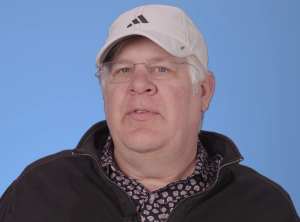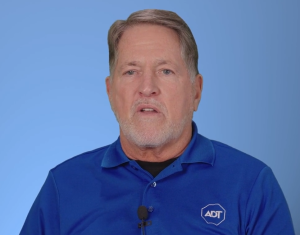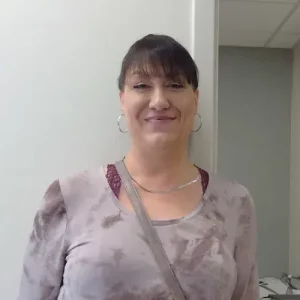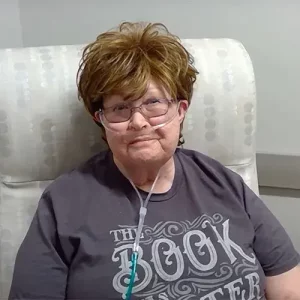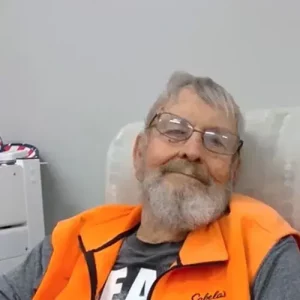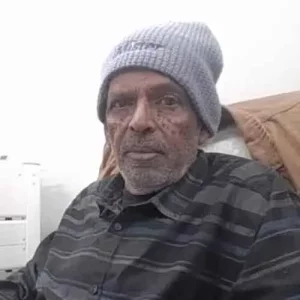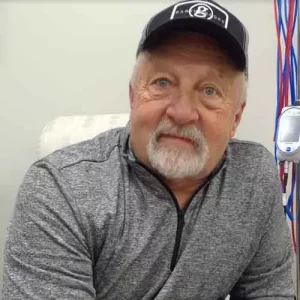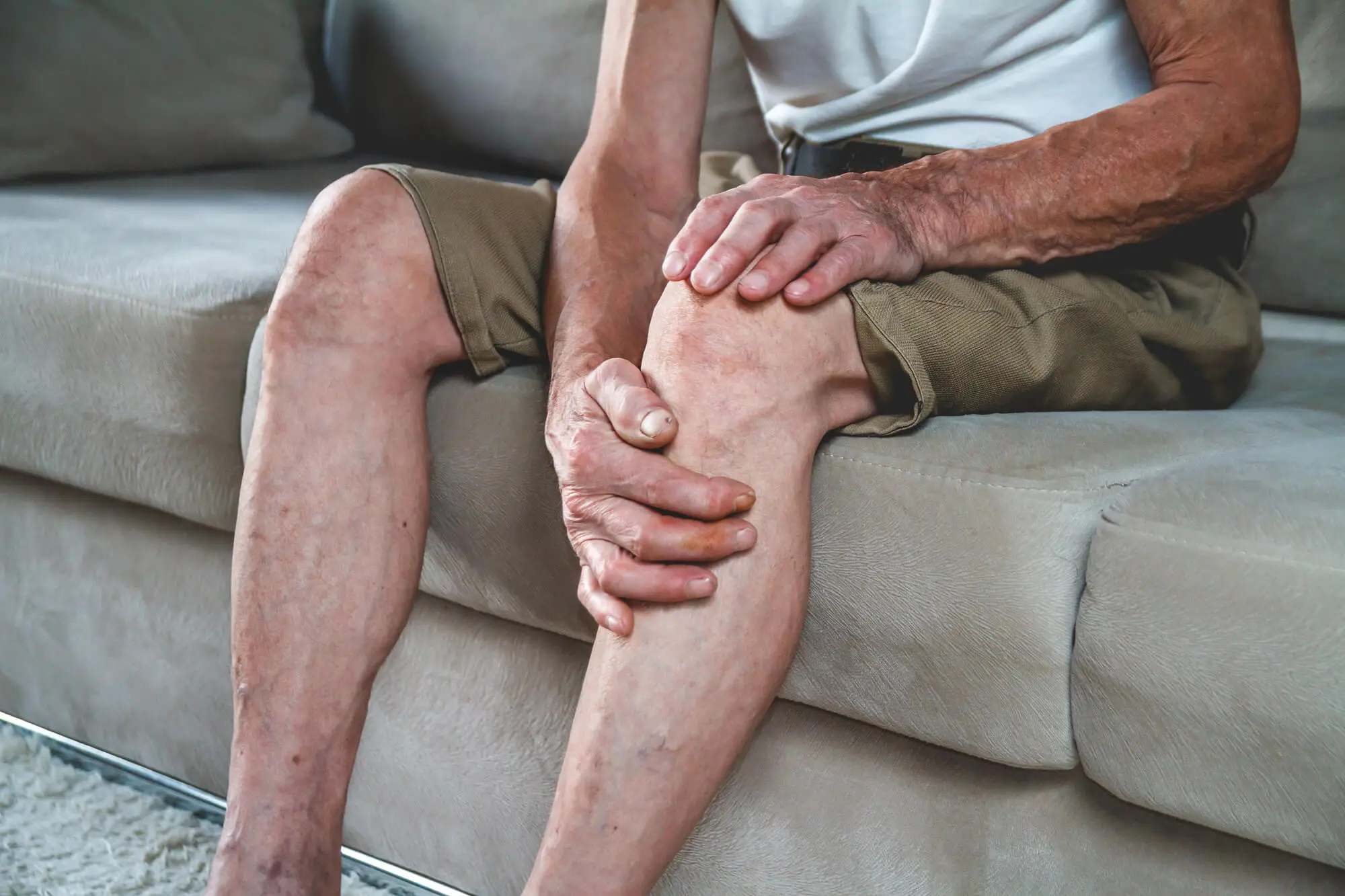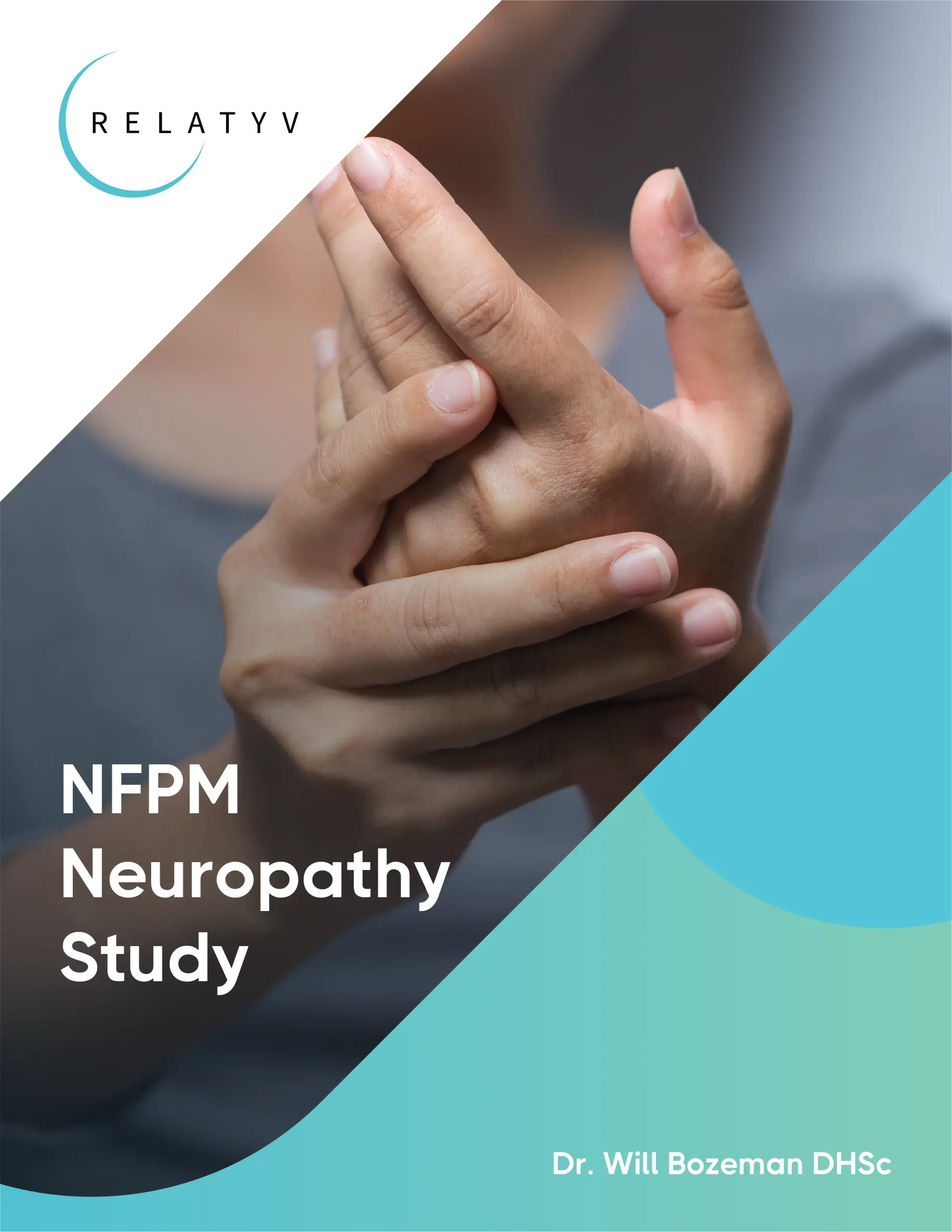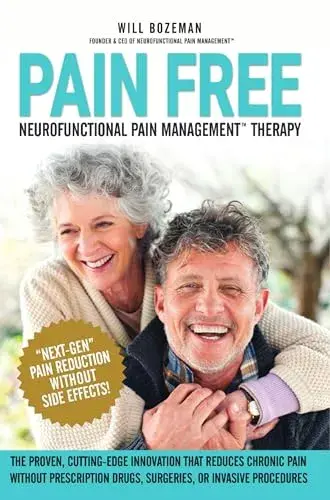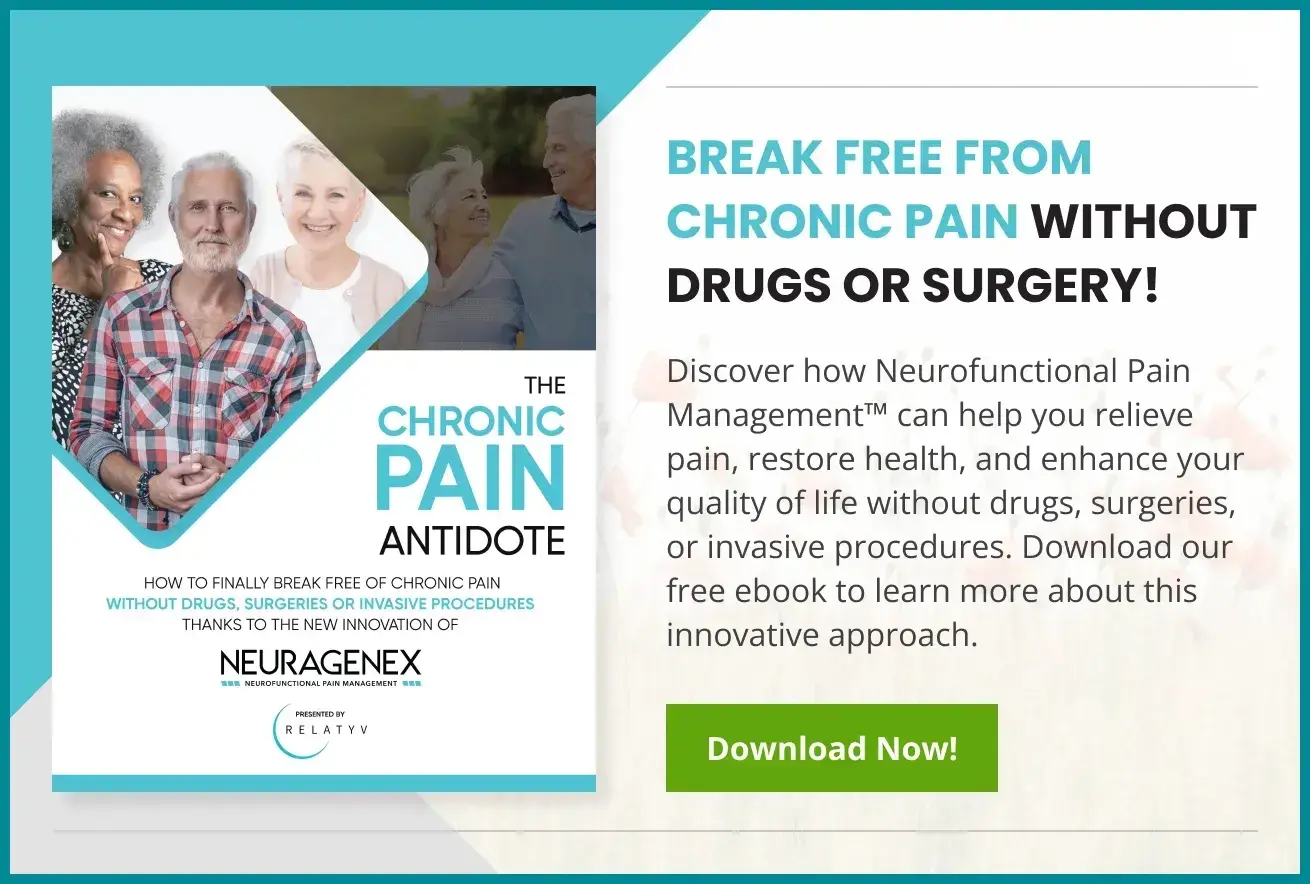Electroanalgesia For Peripheral Arterial Disease Pain in Queen Creek, Arizona
Electroanalgesia is a non-invasive therapy solution that uses a high-pulse electrical current to reduce pain and inflammation. It’s an FDA-cleared form of electrical stimulation that helps block pain signals, release endorphins (which are naturally occurring pain relievers), relax and loosen tight muscles, and improve blood circulation.
There are many different forms of electrical stimulation, but electroanalgesia is considered to be the most effective at providing long-lasting pain relief. Other types of electrical stimulation treatment, such as TENS (transcutaneous electrical nerve stimulation), only provide temporary relief from acute pain due to their low pulse rates.
For example, TENS devices only deliver a pulse rate of around 400 pulses per second (often limited to 250 pulses per second on at-home devices). Instead, we use electroanalgesia therapy, which is a different type of e-stim treatment that can deliver up to 10,000 pulses per second or higher. This takes electroanalgesia into a classification that requires medical provider oversight for use and application. A high pulse rate allows the electrical currents to penetrate deeper tissue layers, thereby providing more effective long-term relief.
IV Therapy For Peripheral Arterial Disease Pain in Queen Creek, Arizona
IV therapy is a process in which an infusion of vitamins, minerals, and other substances is injected directly into the bloodstream. This enables us to bypass any issues with absorption in the digestive system and ensure that the fluids are delivered directly to the cells. Doing so can be incredibly beneficial for pain from peripheral arterial disease since many of the conditions that cause PAD involve inflammation and poor circulation. Therefore, delivering fluids via IV therapy can help reduce inflammation and improve circulation, leading to a reduction in pain.
IV therapy can also restore depleted minerals, vitamins, and essential nutrients, which are all crucial to recovery. These nutrients can help support the body’s natural healing process, improve immune system function, and provide relief from chronic pain and fatigue. Additionally, certain nutrients, such as vitamin D, are essential to keeping your arteries and blood vessels loose enough to allow proper blood flow.
Lifestyle Counseling For Peripheral Arterial Disease Pain in Queen Creek, Arizona
The Neuragenex NFPM protocol for pain from PAD also includes lifestyle counseling as part of our whole-person approach to pain management. Every person’s experience with chronic pain is unique, and there is no one-size-fits-all approach to pain relief. It’s why we take the time to get to know each patient, listen to their story, and develop an individualized plan of action.
Our lifestyle counseling sessions focus on helping you make changes in your everyday life that may lead to long-term pain relief. These sessions may include setting realistic goals, engaging in regular physical activity, eating a healthy diet, getting enough sleep, reducing stress levels, and more.
The Neuragenex NFPM protocol for managing vein pain, including varicose vein pain, is a holistic approach that combines electroanalgesia, IV therapy, and lifestyle counseling. By addressing the underlying causes of vein pain and focusing on the whole person, Relatyv aims to provide long-term relief and improve the overall quality of life for individuals suffering from vein pain.

